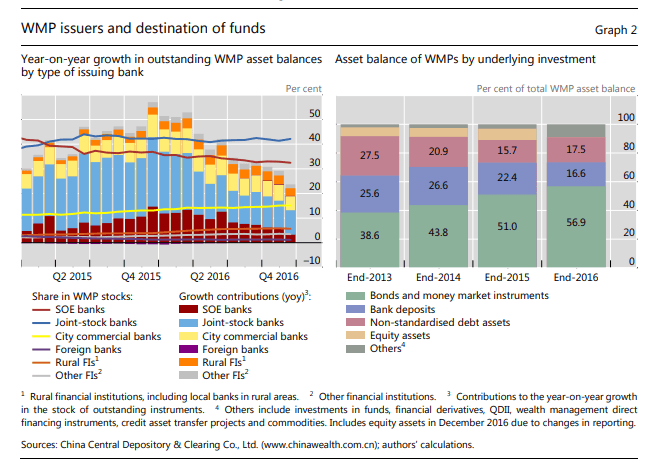“A break in official recycled Asian savings to finance the US twin deficits is likely already contributing to higher US/global bond yields, that are at the epicenter of the global vol,” that’s one of the startling conclusions from a new report from analysts at Deutsche Bank on the impact US policy measures are already having on the relationship with China.
Margate Capital: Betting On A Content “Arms Race”
The report, which was compiled by Deutsche's macro strategist Alan Ruskin, notes that with pending US trade actions aimed at China in the works, financial markets around the world have become particularly sensitive to the movement of China's international reserves.
"A break in official recycled Asian savings to finance the US twin deficits is likely already contributing to higher US/global bond yields, that are at the epicenter of the global vol. This is also another way of explaining how higher US bond yields and a weaker USD can co-exist - at least until higher US yields become attractive enough for the private sector to replace official flows."
China's ability to be able to 'adjust' financial/capital flows is the country's most important weapon against any trade actions that the Trump administration might bring against the country. China is limited in what it can do with its currency as authorities do not want the yuan to appreciate/depreciate significantly. Therefore, the area that deserves special attention is the unintended consequences of China not being allowed to build up reserves, and the impact of this will have on the broader financial markets.
For several decades the US has relied on China to absorb treasury issuance and fund it's growing trade deficit with the rest of the world. However, if China is constricted in its ability to continue with this strategy, demand will fall. Ruskin notes in his report that some of the excess demand will indeed be absorbed by private savings but unlike "official/public savings this will not be channeled as reliably into the safe/liquid assets like US Treasuries that as a global bellwether, disproportionately set the price for other assets."
This implies that any action taken to curb China's influence in the Treasury market will have a significant impact on not just treasury yield but other assets as well that rely on Treasuries as a pricing mechanism. At a time when the Federal Reserve is also trying to unwind its quantitative easing program, this suggests you will have to rise substantially higher for private market demand to replace official flows.
"In a world where absorption of bond supply, is at the epicenter of the rise of global asset market volatility, the breakdown in the old US - China ('Chimerica") synergistic relationship, will have a profound destabilizing effect, supportive of vol across all asset classes."








